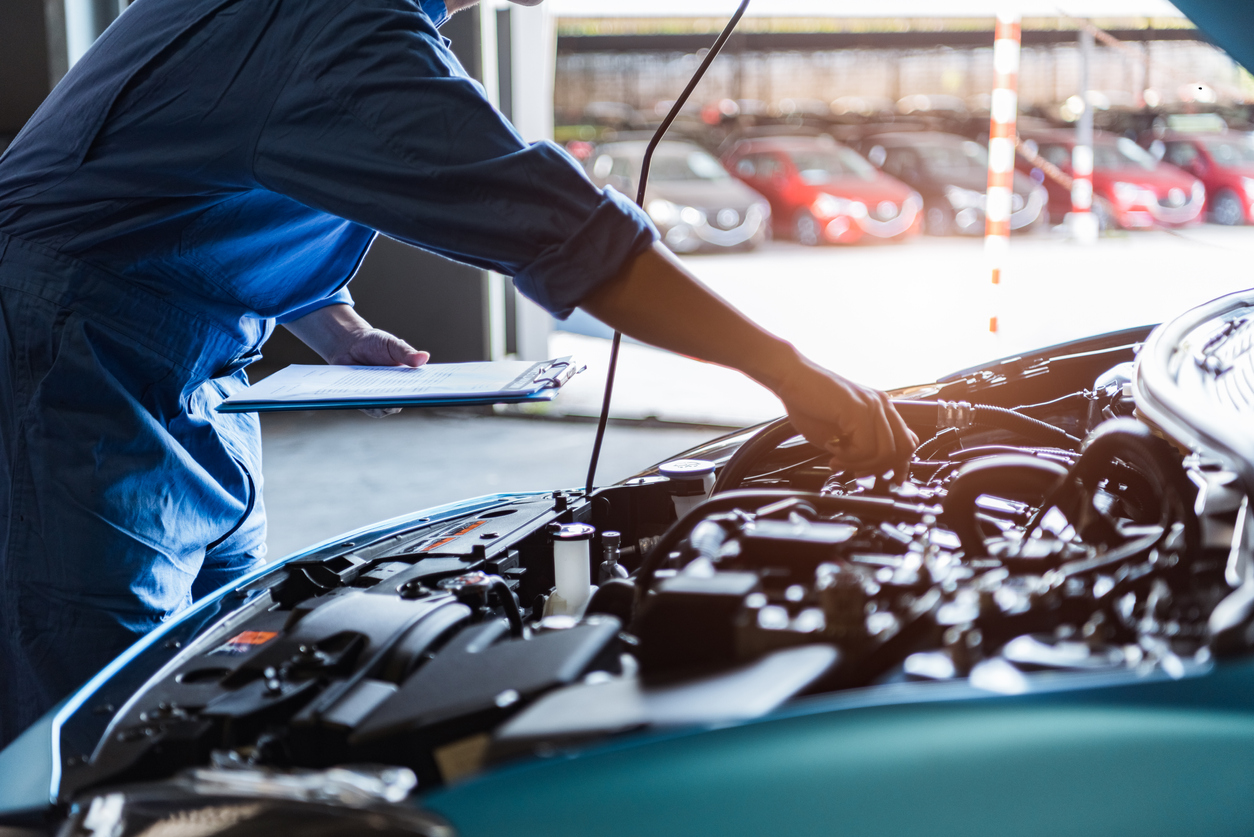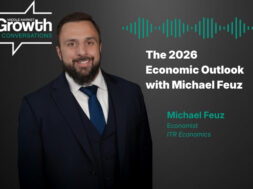Where Automotive Investors Should Look Amid Production Uncertainty
For mid-market dealmakers, an uncertain auto industry doesn’t dampen investment opportunity

The automotive industry finds itself on rocky roads today, and even the brightest of headlights struggle to gain a clear picture of what’s ahead. Yet middle-market investors won’t want to rule out the industry entirely: There continue to be acquisition targets that can withstand these market pressures, or even take advantage of emerging opportunities amid the disruption.
Analysts’ outlook for the automotive sector in 2023 is mixed. Supply chain interruptions have hit the industry particularly hard, causing a rise in production costs, limited inventory and higher price tags. And while reduced supply may drive up demand, consumers are also facing rising financing costs.
At ACG Detroit’s recent Automotive Update event, moderator Clay Vanderpool, senior vice president at PNC Business Credit, says panelists spent significant time discussing these headwinds, which culminate in “the inability to effectively project exactly where vehicle volumes are going to be, and where demand is going to go,” he tells Middle Market Growth. “Obviously, inventories across the country have been totally depleted, and those need to be rebuilt to a certain extent. But beyond that, it’s very hard to predict where things are going to go.”
Near-Term Challenges
This uncertainty forces automotive industry players to perform a delicate balancing act.
On one hand, pressure to ramp up production has prompted manufacturers and suppliers to reconsider their pace of output. In recent months, factories able to get their hands on materials sprinted to produce as much as possible, only to shut back down once those materials depleted. Then they repeated the cycle again, says Vanderpool. “Now, you’re not getting as many factory shutdowns because their view of the supply chain, and knowing how to work within it, has gotten a lot better.”
That’s a vital improvement in a market expected to see more than 30 new vehicle models released next year, he notes, adding that Tier II and Tier III suppliers will have a prominent demand for capital because of this uptick in activity.
Yet on the other hand, it’s unclear whether those vehicles will move off the lot once inventories recover.
And even if vehicles do sell, it’s uncertain whether manufacturers can reliably obtain the materials and parts necessary to deliver them. Earlier this year, IHS Markit lowered its global industry production forecasts for 2022 and 2023 each by 2.6 million vehicles. Analysts pointed to ongoing supply chain constraints as the largest factor weighing on production. “The downside risk is enormous,” said Mark Fulthorpe, S&P Global Mobility executive director for global production forecasting, in a statement in March.
“There’s a little bit of weathering the storm,” acknowledges Vanderpool. “No one has a great prediction as to when the supply-side issues are going to resolve. You don’t just open a semiconductor plant and start kicking off chips in a week. It’s a multiyear and massive investment to make. It takes a while to get it up to speed, so that’s not looking like that’s going to change that much over the next year.”
No one has a great prediction as to when the supply-side issues are going to resolve.
Clay Vanderpool
PNC Business Credit
Investors Seek Resiliency and Opportunity
While overall sentiment for the automotive sector may remain shaky, for private market investors, there is still plenty of room to drive growth.
“The auto industry is still a very attractive space for PE investment,” despite the headwinds, says Zack Taylor, vice president of private equity firm Eagle Merchant Partners. “In particular, we believe that recurring auto services will continue to see strong investment as investors look for recurring revenue models that are less sensitive to economic headwinds.”
Eagle Merchant recently invested in one of these recession-resistant niches within the automotive industry. The firm acquired 19 auto collision repair shops through its investment in Puget Collision, which it announced in September.
Related content: Recent Investments Drive Into the Future of Transportation
Taylor points to “the non-discretionary nature of demand” within the collision repair industry that makes it highly attractive to investors, even amid current uncertainty. “The industry is insulated from economic shifts that negatively impact other industries, which gives us comfort investing now against an uncertain macro background,” he says.
Other middle-market investors seem to agree: September also saw investment firms Trivest Partners and LP First Capital partner to form collision repair business OpenRoad following the acquisitions of four industry players—Car Crafters, Drury and Moss Body Shop, 1st Choice Collision and Helotes Collision.
While there are certainly resilient pockets of the automotive sector, other recent industry deals have focused on finding opportunity within the challenges.
For instance, in October, Credit Bureau Connection, backed by Capstreet, announced its investment in CreditDriver Solutions, which automates lead generation and consumer financing prequalification solutions for auto dealers—positioning Capstreet further in a market increasingly demanding tools that lower barriers for consumers to buy vehicles, and for dealerships to sell them.
Recurring auto services will continue to see strong investment as investors look for recurring revenue models that are less sensitive to economic headwinds.
Zack Taylor
Eagle Merchant Partners
Positioned for Growth
As many businesses across the automotive sector weather an uncertain climate, the key for dealmakers will be to identify resilient targets that can not only withstand macro challenges in the near-term, but also show potential to drive the industry toward what will inevitably be a disruptive, technology-focused future.
For Eagle Merchant’s Taylor, the auto collision space does exactly that. “We think the adoption of advanced technology in cars is still in the early innings and will continue to increase at a rapid pace going forward—which will only grow the collision repair market as parts become more complex and expensive to repair,” he says, adding that industry evolution will continue to open opportunities for automotive investors even beyond collision repair. “The rapid growth in electric vehicles presents an opportunity for companies to find niches that haven’t existed historically, with a real first-mover advantage to anyone who can establish themselves early on.”
Already, dealmakers are identifying those niches. In May, for example, Clearlake Capital Group acquired automotive aftermarket manufacturer BBB Industries. Experts say the aftermarket can be a solid investment amid uncertainty for new vehicle sales, and BBB’s emphasis on electric vehicles and extending the lifecycle of EV batteries also positions the business to benefit from upcoming changes across the sector.
It’s that incoming industry evolution that keeps PNC’s Vanderpool optimistic. Market segments like battery longevity innovation and enhanced vehicle safety development show promise, he says, and these innovators will require capital and infrastructure to support their endeavors.
“While there are challenges out there, it’s not all downside,” he says. “There is a lot of opportunity out there. There are some amazing technologies coming out.”
Related content: Giving the Green Light to Traffic and Pedestrian Safety Innovation


